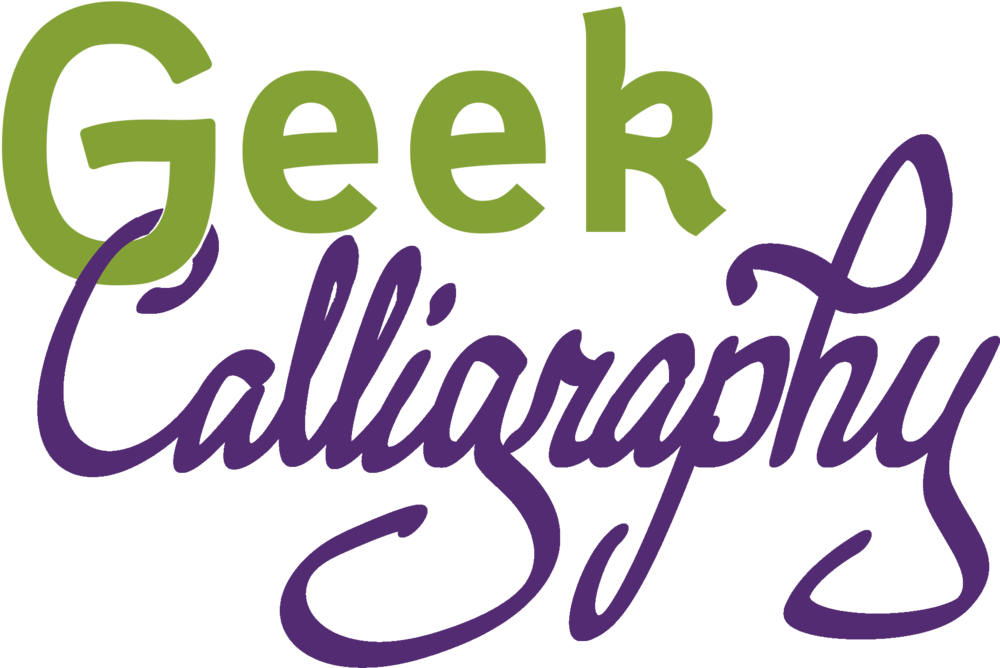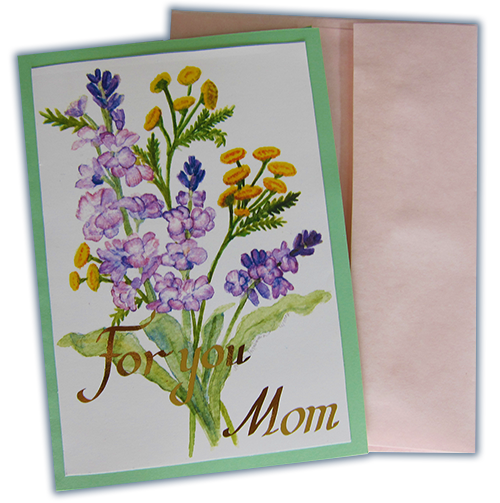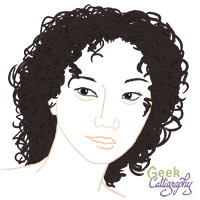As Mother's Day approaches we introduce a card for those whose relationship with their mother is painful and sometimes even hostile. Use the language of flowers to quietly say how you really feel while outwardly obeying your obligation to express affection.
While Mother's Day is touted as a time to celebrate your mother as the "best mom ever," for many people it serves instead as a painful reminder that their mother is neither good to them nor good for them. Unfortunately, it is not always possible to disengage from toxic moms, and going through socially mandated demonstrations of love is extremely painful when they are so at odds with your emotional reality. We wanted to create a card that would be a little less painful to give, because it would, secretly, convey your true feelings.
This card is a sharp departure from our usual, cutesy chibi card style. Instead it is designed to blend in with the drugstore pack and look entirely unexceptional. Terri described it as filling a niche Hallmark refuses to create, despite the fact that it is their advertising that changed card-giving from a nice gesture on the holiday to a social norm.
The card features two flowers. Lavender means distrust, and tansy means resistance or a declaration against the recipient. But your mother doesn't need to know that. Also, due to the proliferation of flower dictionaries, it is possible to come up with many alternate readings that are completely innocuous, giving you plausible deniability.
Card is $4 and comes with a pink envelope.
Unfortunately, gender stereotypes have thus far defeated our efforts to come up with a Father's Day equivalent, as giving a card featuring flowers to your horrible dad would definitely not count as "flying under the radar." If you have any suggestions for what we might do to offer a Father's Day equivalent, please contact us.











![[Women's] narratives usually have them being less active agents than being thrown into circumstances which they must then survive](https://images.squarespace-cdn.com/content/v1/56565a97e4b0acafe106535a/1491233383537-S44W0656S83RF2220QS8/%5BWomen%27s%5D+narratives+usually+have+them+being+less+active+agents+than+being+thrown+into+circumstances+which+they+must+then+survive)






